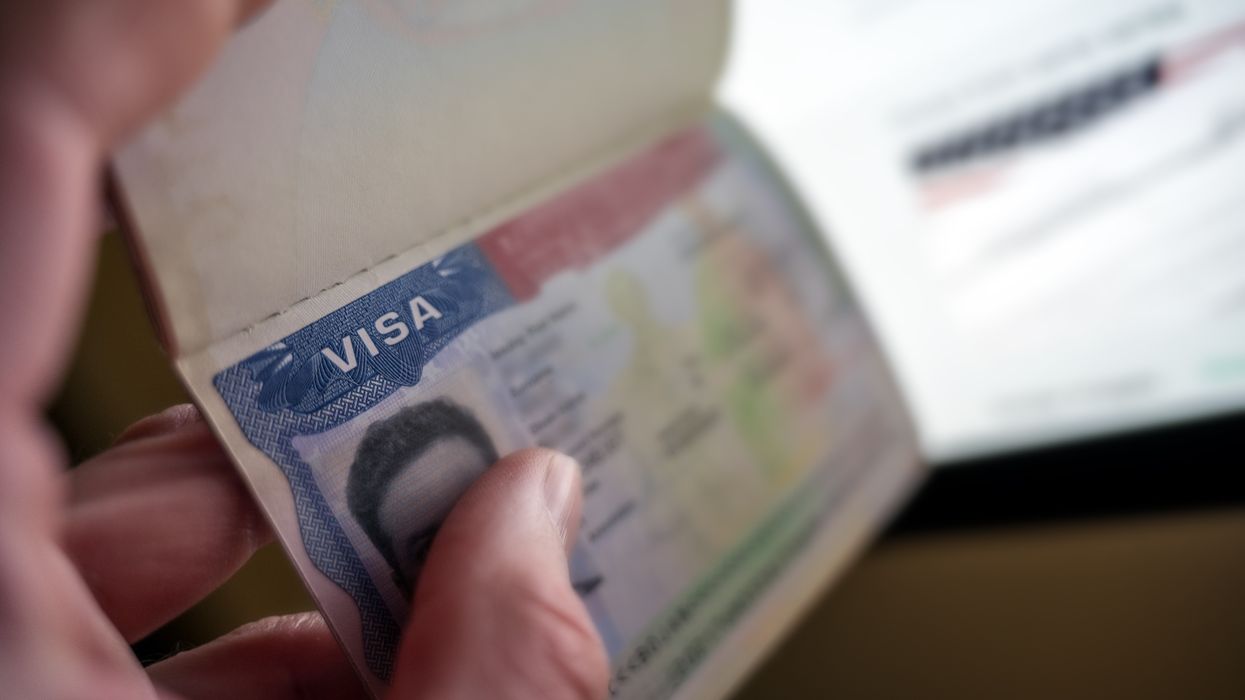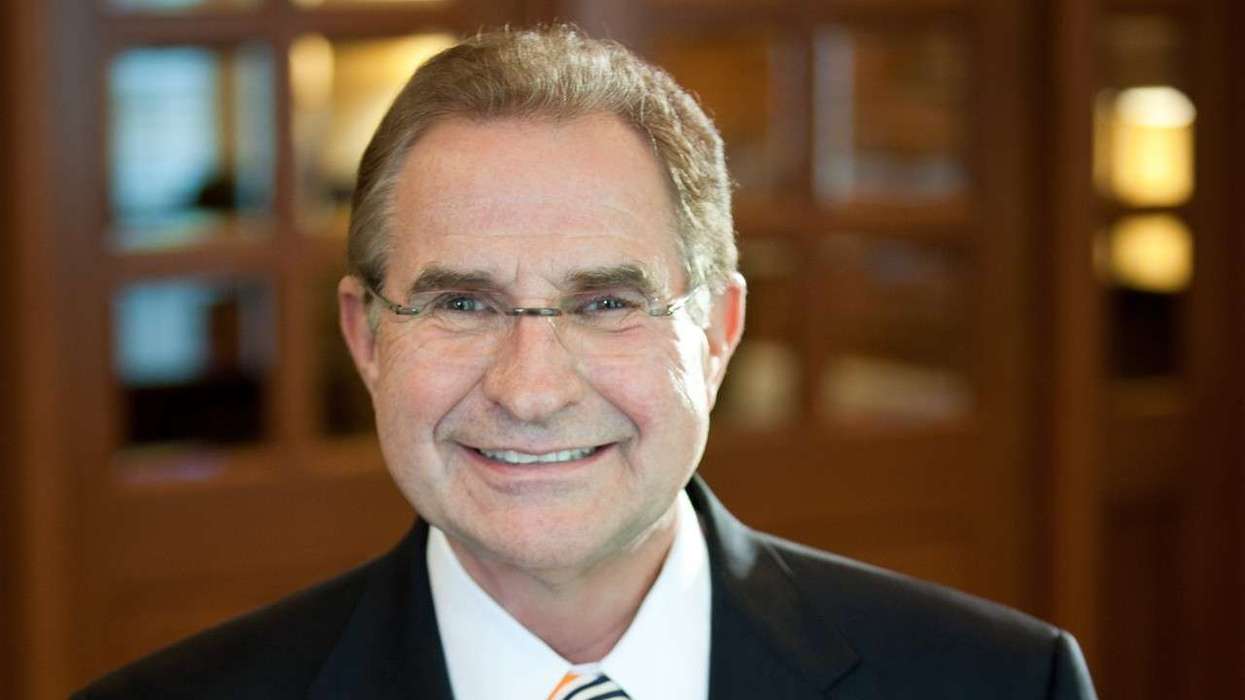Summary:
- The U.S. set a $250 “visa integrity fee” under the “One Big Beautiful Bill Act.”
- The fee applies to most non-immigrant visas—including tourist, business, student, H-1B and exchange—and will be added to existing costs.
- The U.S. may impose fixed stays for F, J and I visa holders, potentially affecting over 420,000 Indian students.
THE U.S. SET a $250 “visa integrity fee” for non-immigrant visa applicants under the “One Big Beautiful Bill Act,” otherwise known as H.R.-1. The fee, effective in fiscal 2026, applies to most non-immigrant categories, including B-1/B-2 for tourism and business, F and M for students, H-1B for workers and J for exchange visitors.
Fragomen, a U.S.-based immigration firm, reported that H.R.-1, signed into law July 4 by President Donald Trump, also imposes non-waivable travel surcharges: a $24 I-94 fee, a $13 ESTA fee for Visa Waiver Program travelers, and a $30 EVUS fee for certain Chinese nationals with 10-year B-1/B-2 visas.
The fee, charged in addition to existing visa costs, is intended to support immigration enforcement and compliance.
A B-1/B-2 visa for Indian nationals currently costs about $185, but with the $250 integrity fee, $24 I-94 fee, and $13 ESTA fee, the total may rise to $472. Visa costs are expected to rise, with the total for a B-1/B-2 visa for Indian nationals projected to reach nearly two-and-a-half times the current amount due to new surcharges.
The law permits future fee increases through regulation, which supporters say will promote compliance and reduce overstays. In fiscal 2025, the fee will be $250 or a higher amount set by the Department of Homeland Security. From 2026 onward, it will increase with inflation:
“During fiscal year 2026, and during each subsequent fiscal year, the amount … shall equal the sum of the most recently concluded fiscal year amount and the percentage by which the Consumer Price Index exceeds that of the preceding calendar year,” according to the new legislation.
Other increases include a $1,000 fee for asylum applications and parolees, a $500 fee for Temporary Protected Status, a $100 annual fee for asylum seekers with pending cases and a $1,500 fee to adjust to lawful permanent resident status.
Only A and G category diplomatic applicants are exempt. The law specifies in fourteen cases that the fee “shall not be waived or reduced.” It defines the amount as a recurring surcharge, indexed to inflation and adjusted annually based on the Consumer Price Index.
The fee may be refunded only if applicants show compliance with visa conditions and submit documentation such as timely departure records or proof of status adjustment. Refunds will not be automatic.
“The secretary of Homeland Security may provide a reimbursement after the expiration of the nonimmigrant visa’s validity period if the alien demonstrates compliance,” the legislation states.
If ineligible for reimbursement, the fee must be transferred to the U.S. Treasury’s general fund.
Meanwhile, the U.S. is reportedly considering a visa policy change to impose fixed stays for F, J, and I visa holders, potentially affecting more than 420,000 Indian students. In June, the U.S. Embassy in India announced that Indian applicants for F, M, or J student visas must set their social media accounts to ‘public’ before the visa interview.






